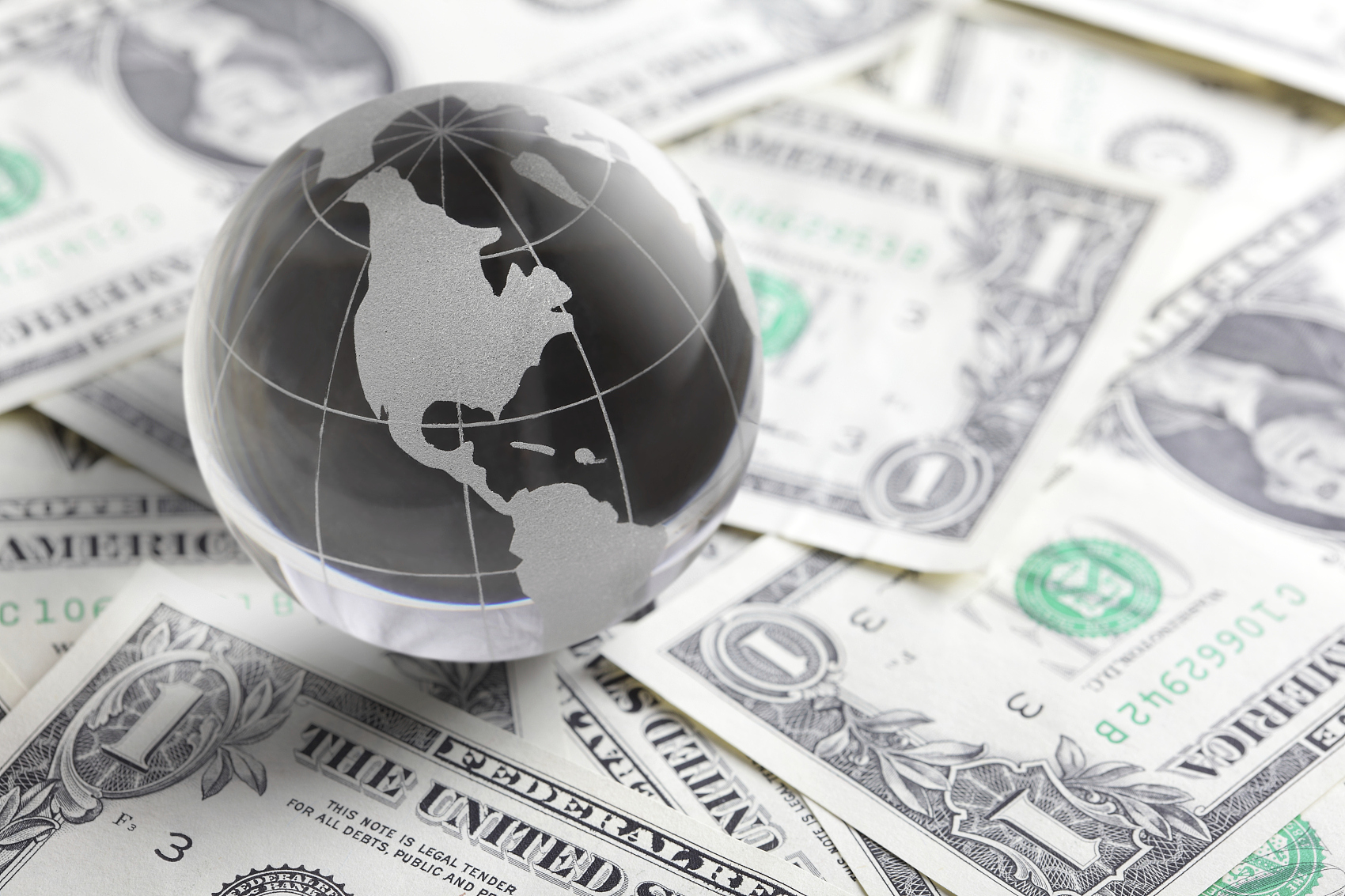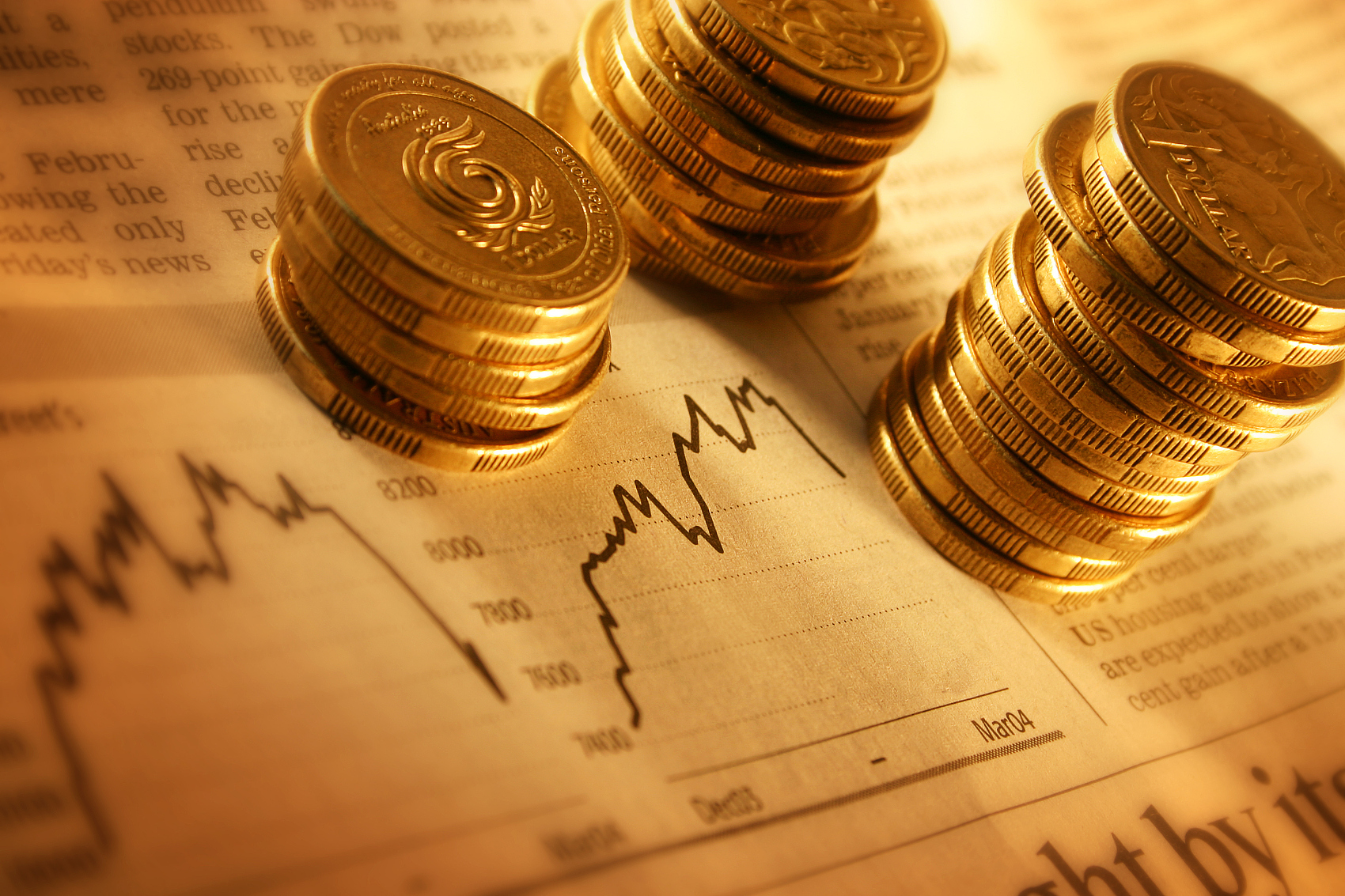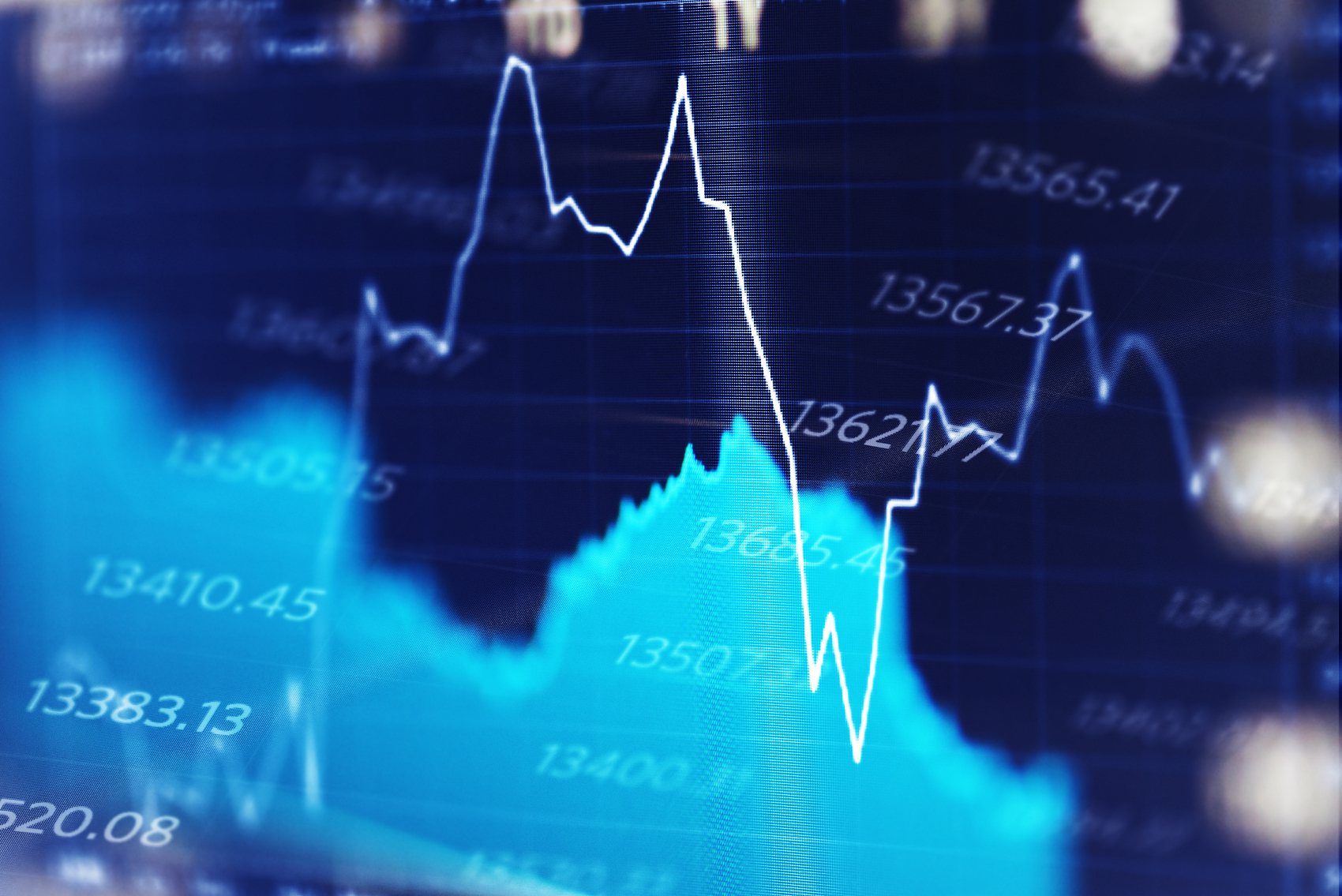The Impact of Global Economic Events on Forex Trading
Forex trading, or currency trading, is profoundly influenced by global economic events. These events shape the economic landscape and can lead to significant fluctuations in currency values. For traders, understanding the relationship between these events and currency market movements is crucial for making informed decisions. This article explores the impact of key global economic events on Forex trading and offers insights into how traders can navigate these changes effectively.
1. Central Bank Decisions
One of the most significant drivers of currency value is the monetary policy enacted by central banks. Decisions on interest rates, quantitative easing, and other monetary policies can cause substantial volatility in the Forex market. For instance, an unexpected interest rate hike typically strengthens the country’s currency, as higher rates provide better returns on investments held in that currency.
2. Economic Indicators
Various economic reports and indicators, such as GDP growth rates, employment data, inflation reports, and manufacturing output, play a critical role in shaping market sentiment. Positive data can boost a currency’s value as it suggests a strong economy, while negative reports can weaken a currency. Traders closely monitor these indicators to predict potential market movements and align their trading strategies accordingly.
3. Political Stability and Economic Performance
Political events such as elections, referendums, or changes in government can lead to economic uncertainty or stability, which in turn affects the forex market. Political stability tends to attract foreign investment and strengthen a nation’s currency, whereas political unrest can cause the currency to depreciate due to the risk of economic mismanagement or instability.
4. Global Crises
Events like financial crises, pandemics, or geopolitical conflicts can create significant uncertainty in global markets. Such crises often result in a flight to safety, where traders move their investments from riskier assets to safer ones, such as the U.S. dollar or the Swiss franc. Understanding these dynamics is crucial for Forex traders, as these conditions can lead to both opportunities and risks.
5. Trade Relations and Agreements
Trade balances and trade agreements between countries can also impact currency strength. A country with a positive trade balance (exports greater than imports) generally sees its currency strengthen. Conversely, trade disputes or tariffs can weaken a currency due to potential negative impacts on the national economy.
Navigating Economic Events in Forex Trading
To effectively manage the risks associated with economic events and capitalize on opportunities, Forex traders should consider the following strategies:
- Stay Informed: Regularly follow economic calendars and news updates to stay ahead of key events that could impact currency markets.
- Risk Management: Implement strong risk management techniques, including setting stop-loss orders and limiting leverage, to protect against market volatility.
- Diversification: Consider diversifying your trading strategies to include both short and long positions, as well as trading multiple currency pairs to spread risk.
- Analysis Tools: Utilize both fundamental and technical analysis to gain a comprehensive view of market conditions. While fundamental analysis helps you understand the impact of economic events, technical analysis can provide insights into market trends and potential entry and exit points
Global economic events are pivotal in shaping the Forex market landscape. By understanding these events and their potential impacts, traders can enhance their ability to make informed decisions, manage risks effectively, and increase their chances of success in the volatile world of Forex trading.








